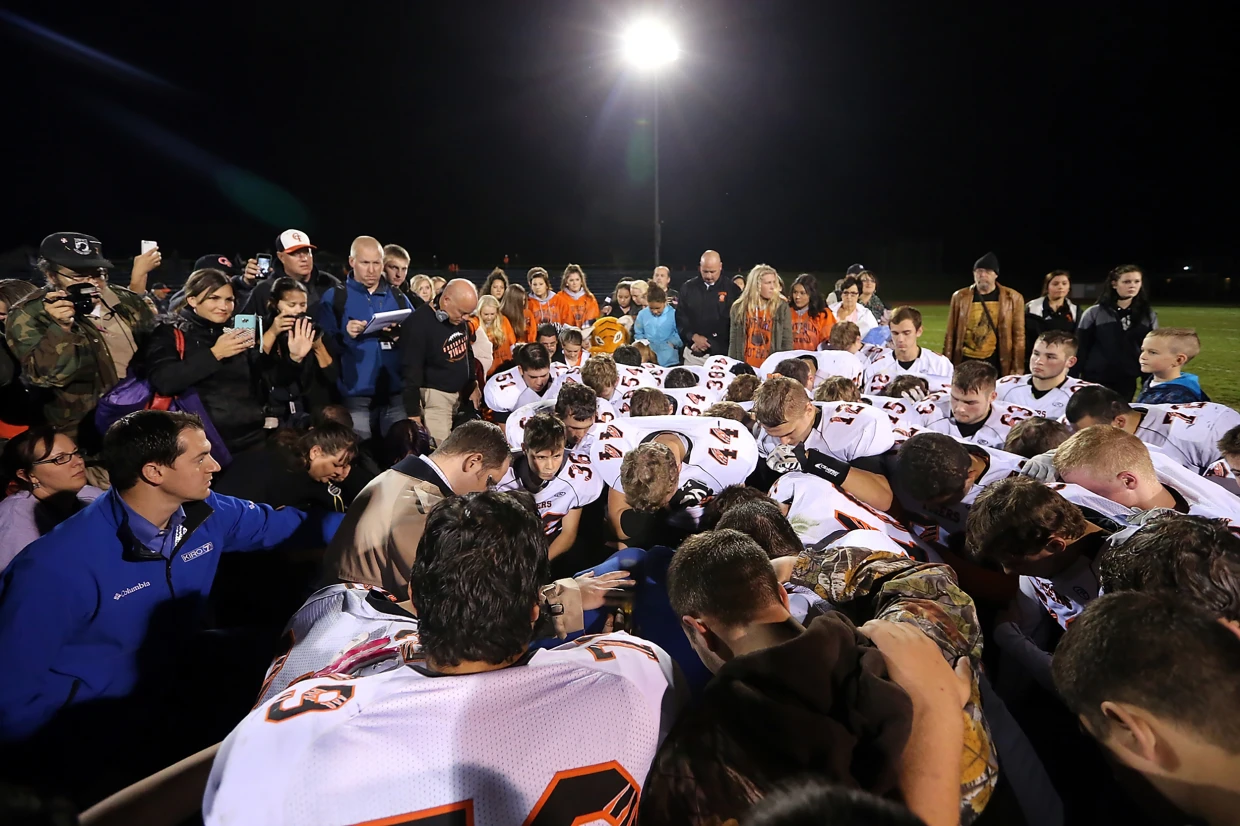October 22, 2012
One lesson from Yom Kippur lingers in our home, thanks to a children’s book about a kitten and a little boy named K’tonton.
This year, my son, who’s nearing 5, learned more than he ever has about what it means to seek forgiveness after he does something wrong.
For the first time, my husband and I took Simon to Kol Nidre this year. Simon sat through about an hour of the evening service heralding the start of Yom Kippur, one of the holiest days for Jews. He stayed long enough to get a taste of the haunting music and of the images of Jews gently pounding their heart to ask for forgiveness for all they may have done wrong in the last year and all they may do wrong in the next year. The list of sins we ask forgiveness for are complicated for a preschooler to understand. But a young child can grasp the concept of seeking forgiveness in a simple way, especially if a slurping kitten is involved.
Our rabbi, Howard Jaffe of Temple Isaiah, acted out the story, K’tonton’s Yom Kippur Kitten, a children’s book written by Sadie Rose Weilerstein, whose books first were published in the 1930s. K’tonton, who was born the size of a thumb, is a bit mischievous. The day after Rosh Hashanah, he and his mother heard a kitten as they were in the kitchen.
“Meow, meow,” the kitten said, and Rabbi Jaffe gave enthusiastic meows, echoed by the children in the sanctuary.
At K’tonton’s urging, the boy’s mother gave the kitten some milk. Rabbi Jaffe acted out a loud slurp, and my son slurped, too, and giggled. He leaned forward to hear how K’tonton was sitting on the kitchen table next to a cup of honey. K’tonton tasted the honey, leaned to reach more, and knocked the cup onto the floor. The kitten fled as K’tonton’s mother came in. The boy, rather than telling the truth, let his mother think that the kitten had spilled the honey. His parents banished the kitten from the house.
“Oh, how guilty K’tonton felt!” Weilerstein writes. … “Soon it would Yom Kippur, the Day of Judgment, and K’tonton had this sin on his heart.”
K’tonton goes to Yom Kippur services and grows guiltier. Finally, he tells his parents the truth about who knocked over the honey.
“Kitten, will you forgive me?” the boy asks the kitten, who is allowed back to slurp milk once more.
The kitten meows. K’tonton’s wrong was a sin of omission. He doesn’t feel better until he fesses up.
The story, centered on Yom Kippur, teaches a universal value. For the last few weeks, we’ve had the book at our house, and Simon has asked for it to be read several times. I asked Simon what he thought of K’tonton’s actions.
“K’tonton is a hero,” my son said. “He told the truth.”
The storybook character did not tell the truth right away, but eventually, he did the right thing. He also helped teach my son one of the underlying purposes of Yom Kippur, a holiday I used to think was outside a young child’s realm of understanding. One day a year, we look deep within ourselves and remember what we could have said or handled better. We don’t stop seeking forgiveness the rest of the year, but at least one day, we especially think about it.
Like any parent, I nudge my son to say he’s sorry when he shoves another child or budges instead of waits his turn. But I want him too to learn about asking for forgiveness as well. That’s a bit more complicated than saying “I’m sorry.”





Pingback: Slurping Kitten Teaches Children about Forgiveness | RJ Blog